How did the advent of personal computing and the internet influence your writing practices?
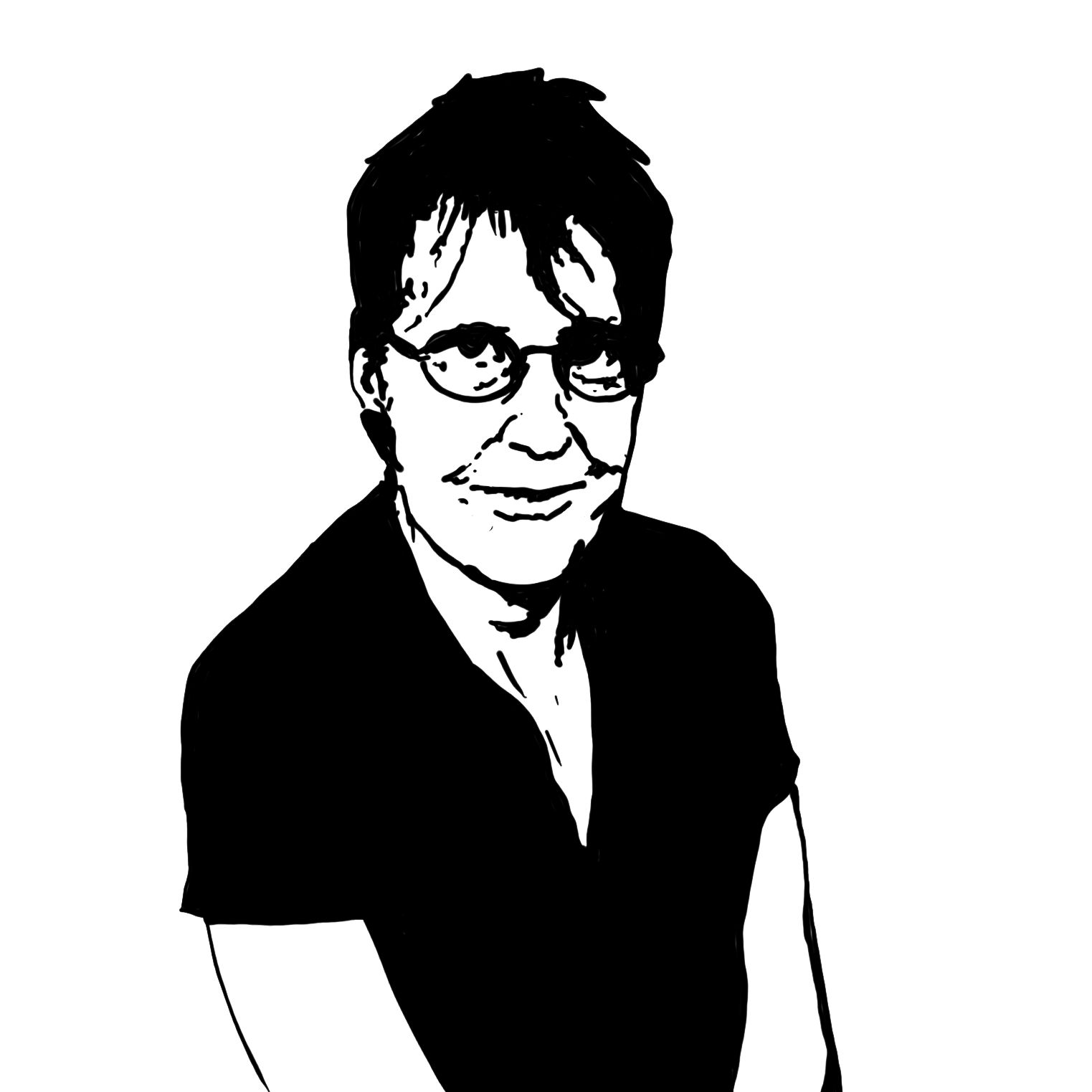
I don't remember. I mean, I guess it was gradual. ... What I do have a clear memory of is how the internet changed things. Because then you could send someone something and say, "What do you think? I don't know about this last line, what do you think?" I mean, you could have that kind of conversation.
More from Rae Armantrout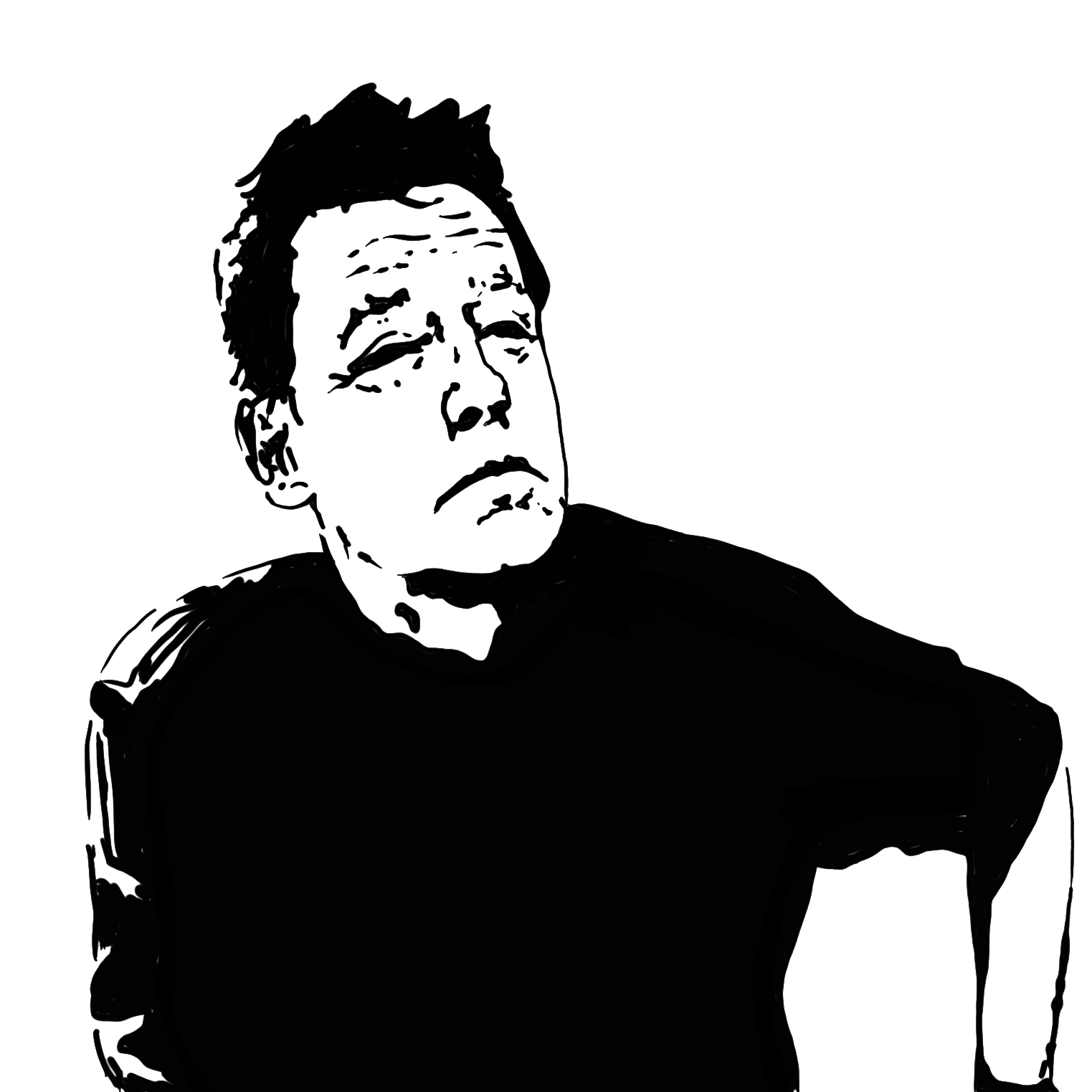
I would say it has influenced the content of my poems more than the composition process. It has influenced the context. Computers and internet have influenced the content of my poems a lot, doing a lot with websites, with that kind of radical interconnectivity of associative thinking that the internet suggests. I think that the dawn of the internet probably has changed the way I compose my poetics in certain way, and that it has given permission for more associative, mimetic thinking process that I associate with internet links.
More from Bruce Beasley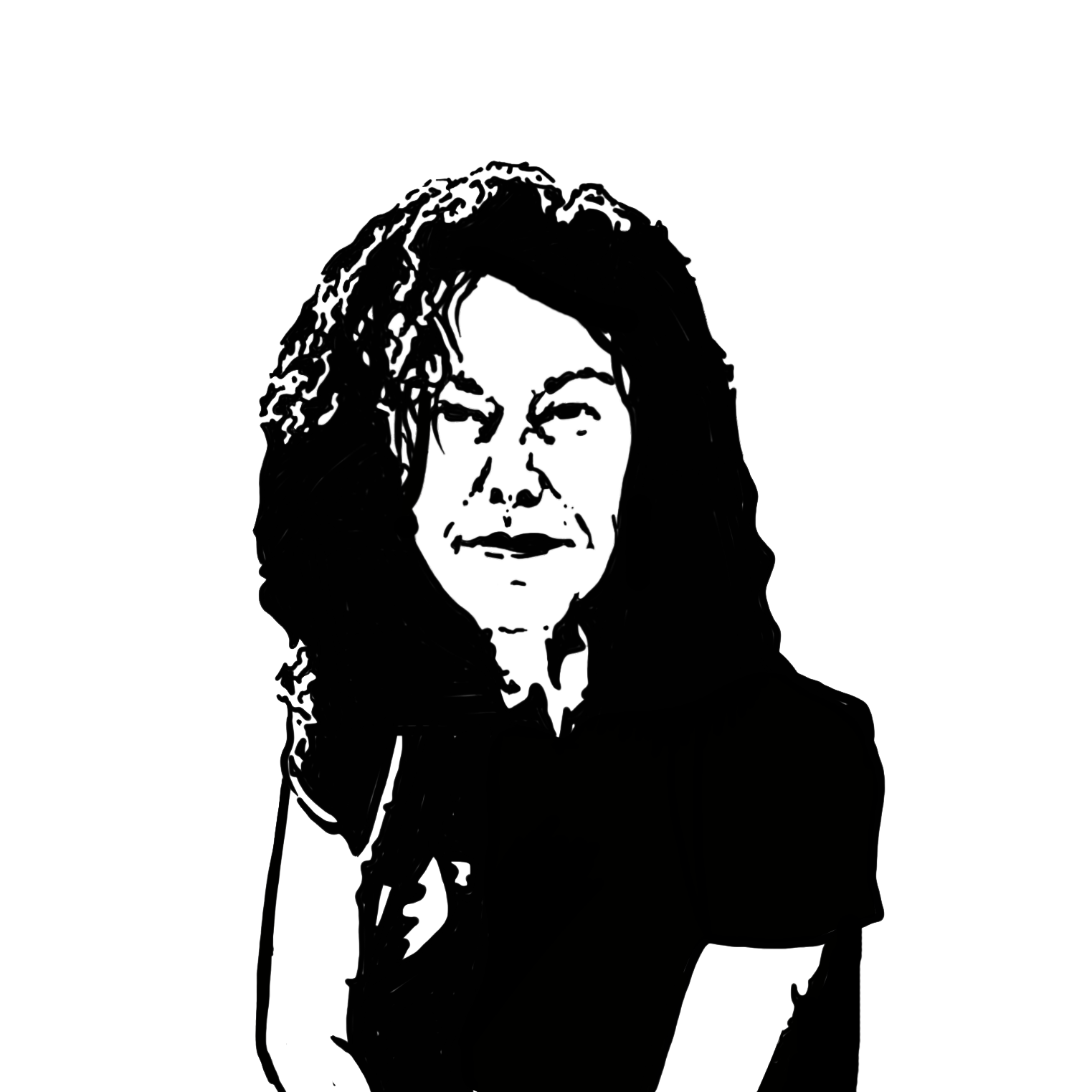
What I like is I can take a chunk of text and move it up here and it doesn't take me 40 minutes to retype the whole damn thing. And if I don't like it, I can try it down here. And if I want to print out a copy of something as a prose poem, and a copy of it with some line breaks, and look at them next to each other, I can do that in a flash. All that? I couldn't be happier. Because then I'm spending my time reading and writing and revising, and not spending my time [makes typing sound]. "Oh! Now I have to do the whole thing all over again!"
More from Amy Gerstler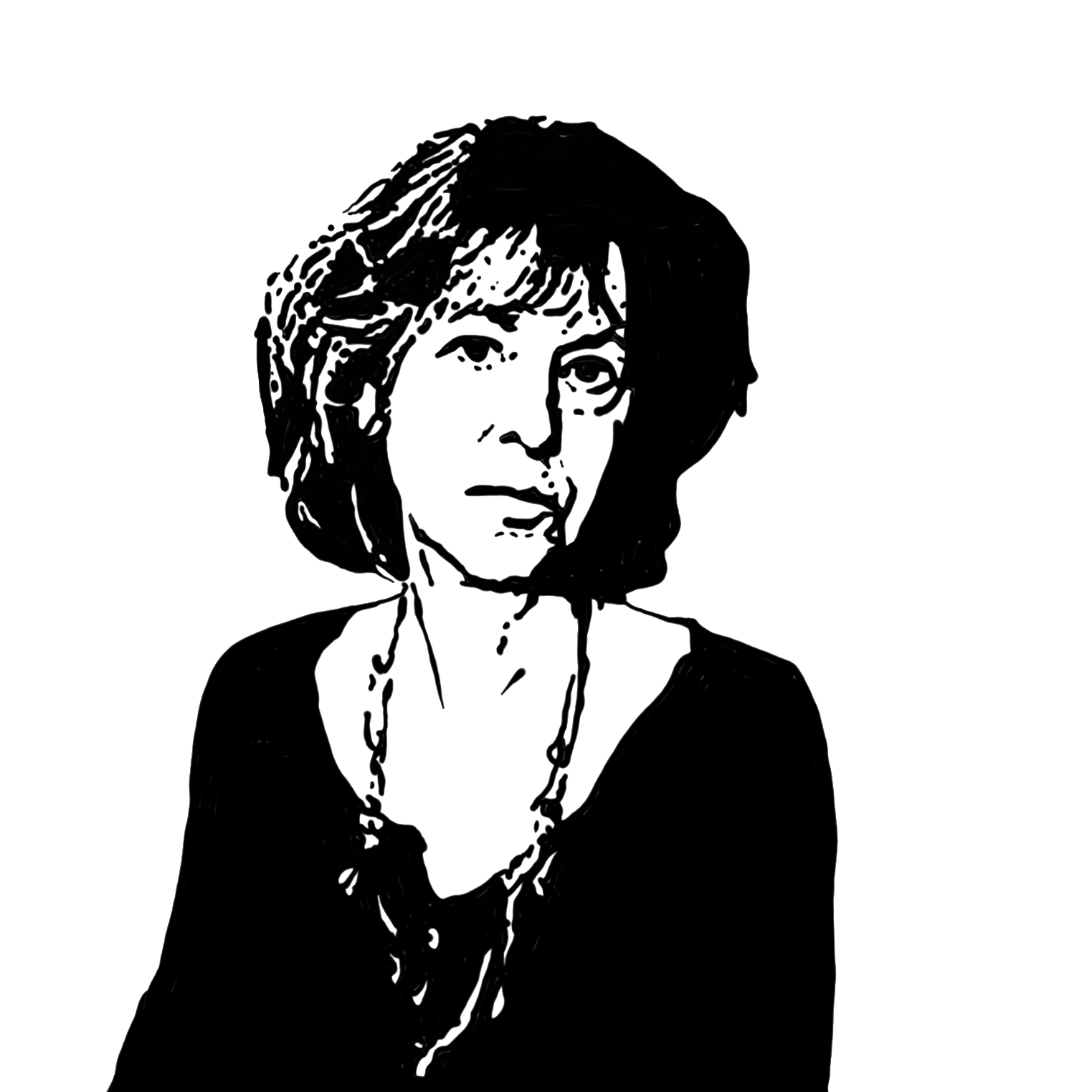
Well, I'm epileptic and I learned, but I didn't like looking at the screen. The early computers, it was said, were not good for epileptics. ... I didn't like it. I liked paper. I liked pages. I love typewriters.
More from Louise Glück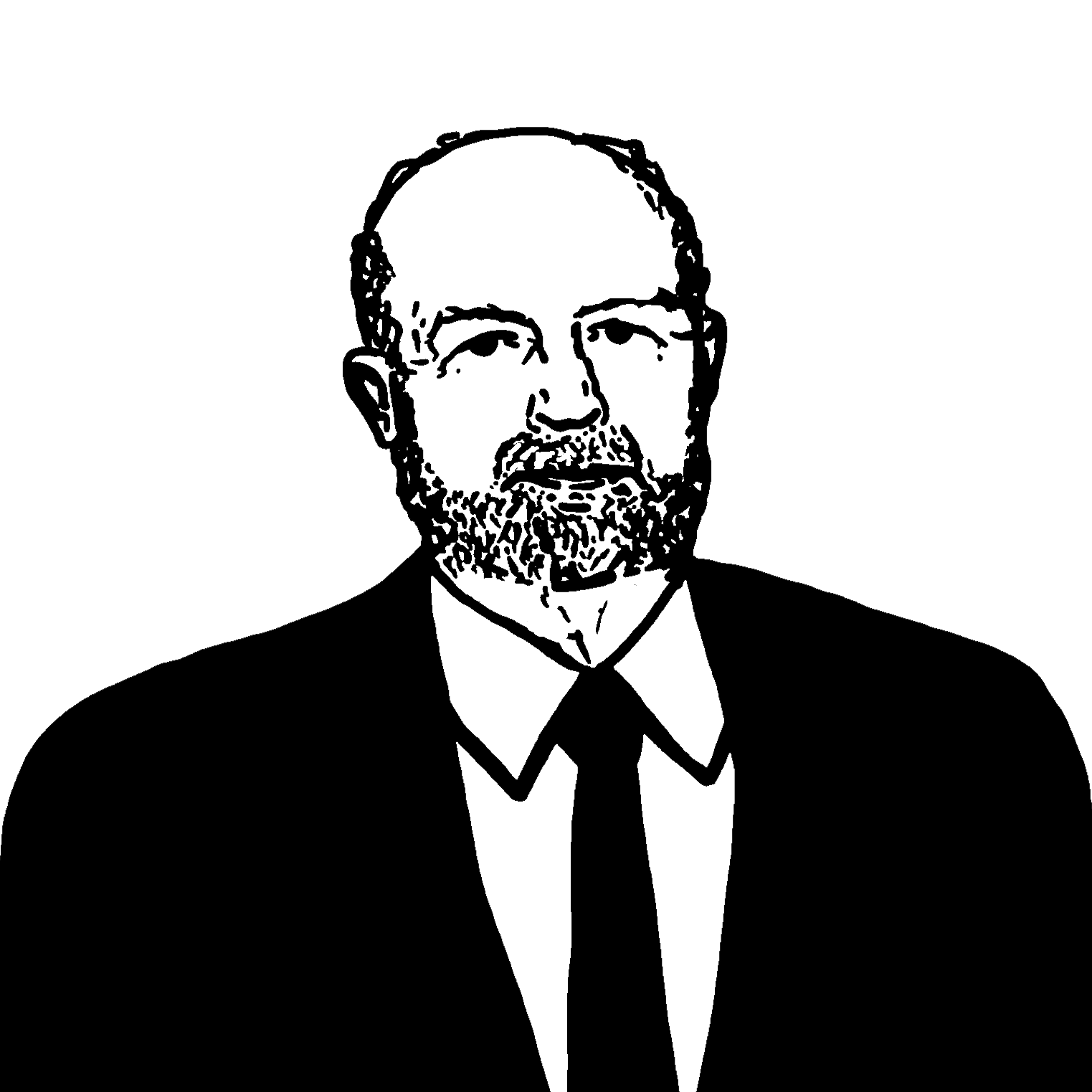
I like the contact this machine gives me with people. ... I like the fact that it's this keyboard that connects me with them, and this keyboard that connects me with strangers who might read my poems. ...
More from James McMichael
I don't think it changed what I produced, but I think that it was the beginning of a different kind of archival anxiety. There is the archival anxiety about paperwork being preserved.
More from Robert Pinsky
Of course it has changed. Everything has accelerated-you can look up stuff, look up definitions of words. I would often write with a dictionary. I never have called a poem finished before I looked up most of the words in the poem. I like to see how the etymologies work in relationship to one another before I call something "finished." Now you can do a lot of that on the computer.
More from Michael Ryan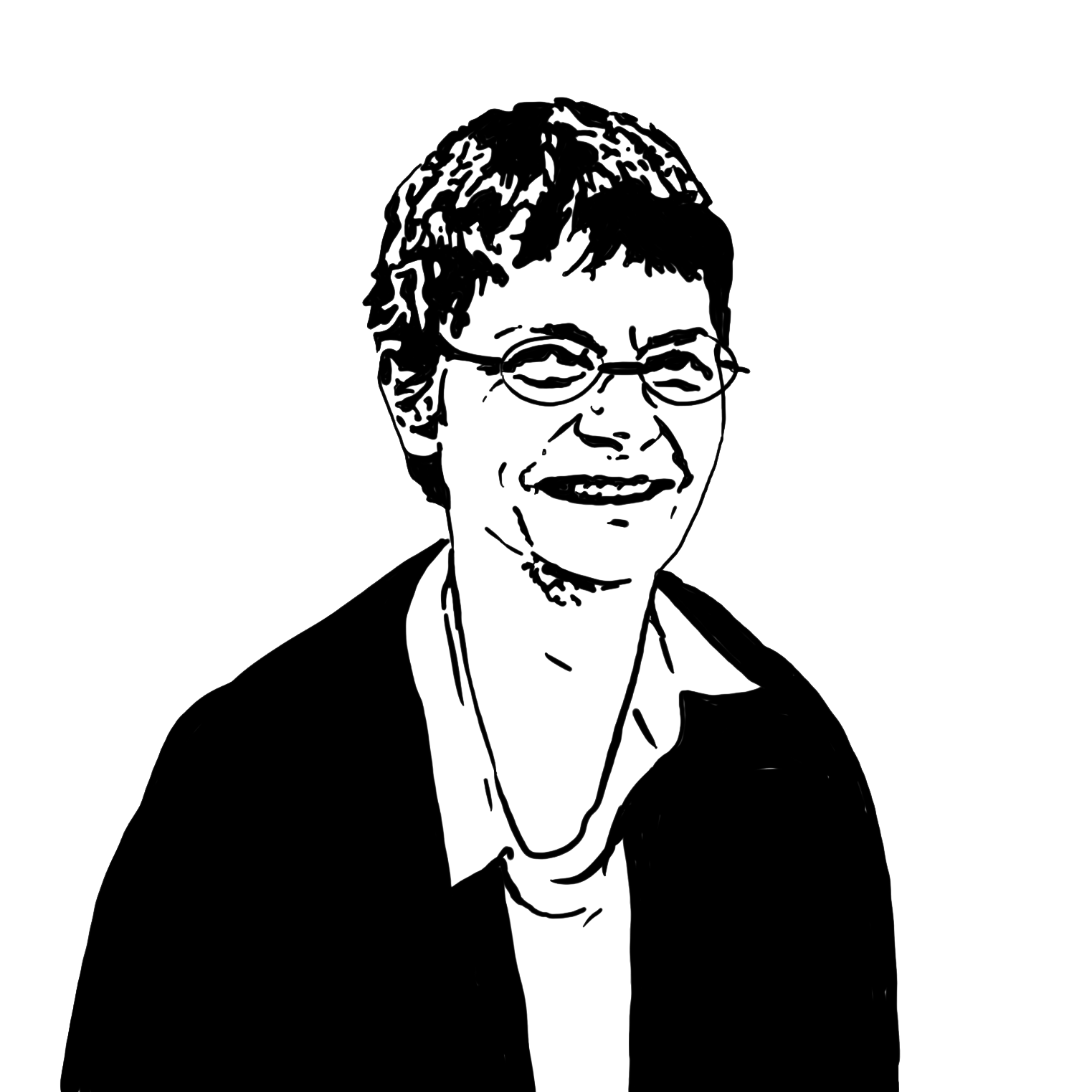
I was extremely aware with every shift in software, every shift in functionality. ... There's a whole period of becoming sort of a little more ergonomically aware of working with computers and they've changed so much, you know, as many different ways as possible, you shift off ...
More from Stephanie Stickland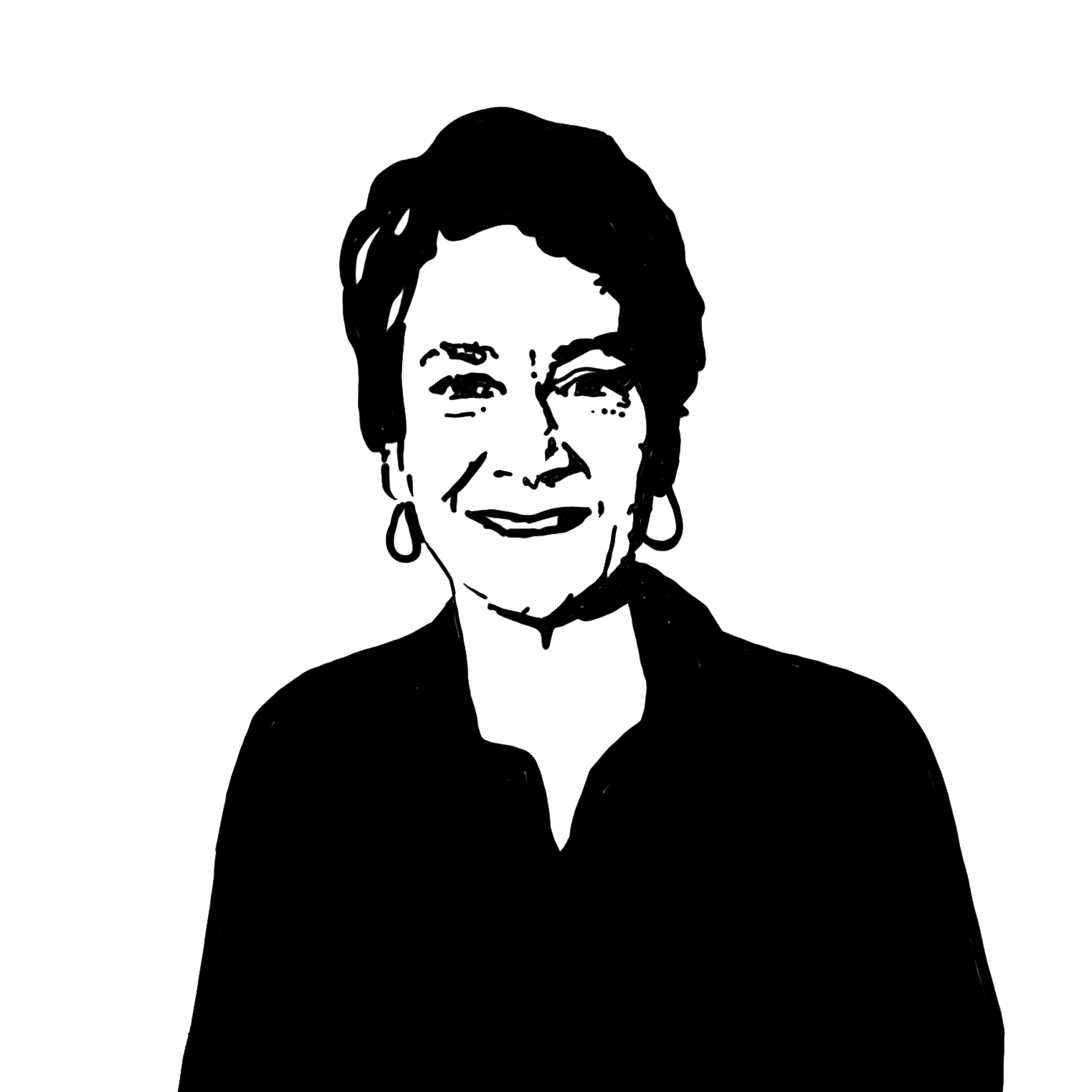
I think it's mostly been gradual. I've grown more comfortable doing some revision work on the computer and especially with the fiction, and maybe because fiction still feels like a newer form to me. One shift that has felt a little bit more dramatic with composing is that I have found myself, when I'm working on short stories, actually doing some new composing work right here while I'm sitting.
More from Nance Van Winckel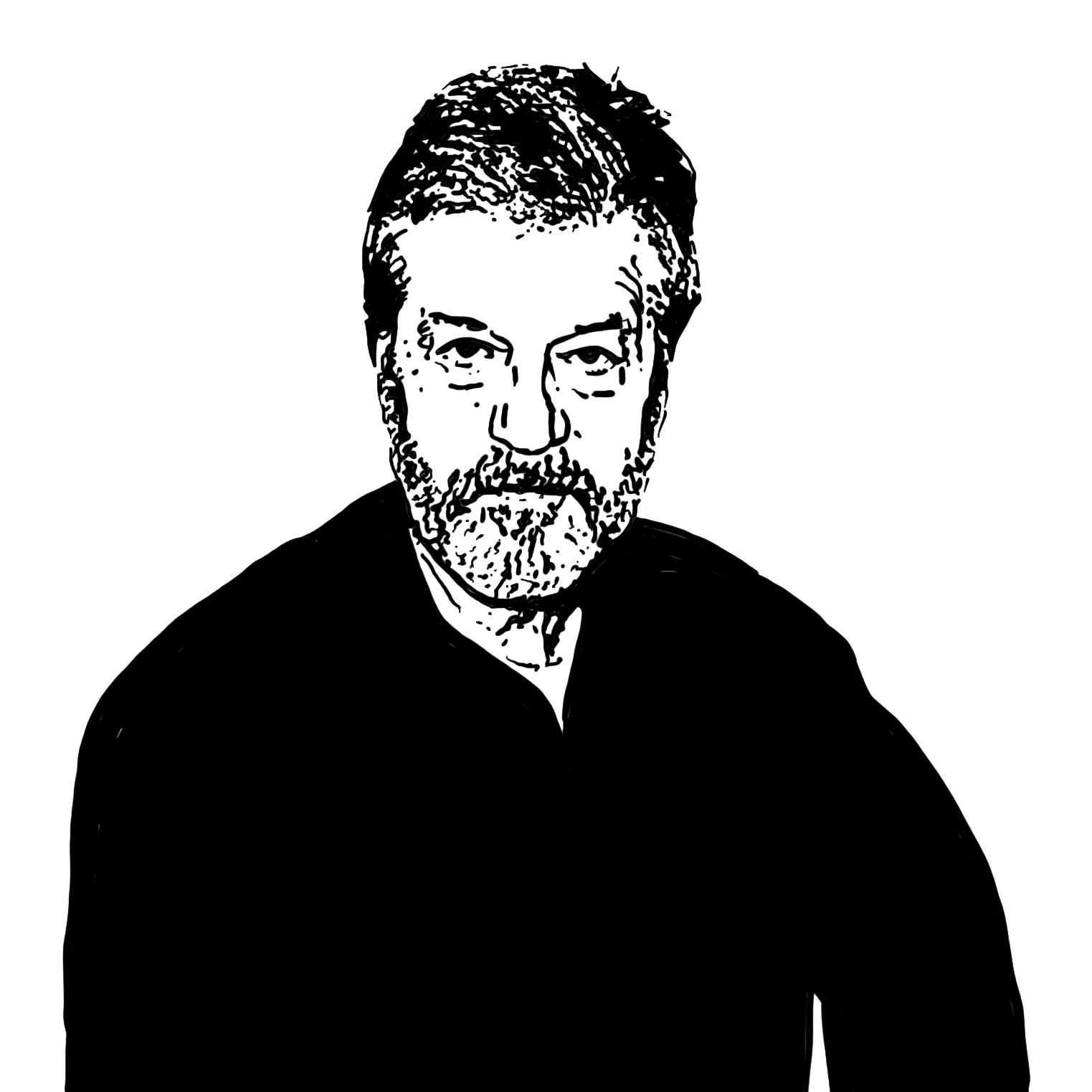
I think I kind of used (the computer), really, as just a sort of glorified typewriter with a little screen. It is black and white screen and there was nothing special as a piece of technology. I used it as a not so special piece of technology, kind of like a typewriter except that you can save it and go back to it, and find it just the way you left it and not have to type it completely in or not have to go from the typing sheet back to the notebook.
More from Robert Wrigley